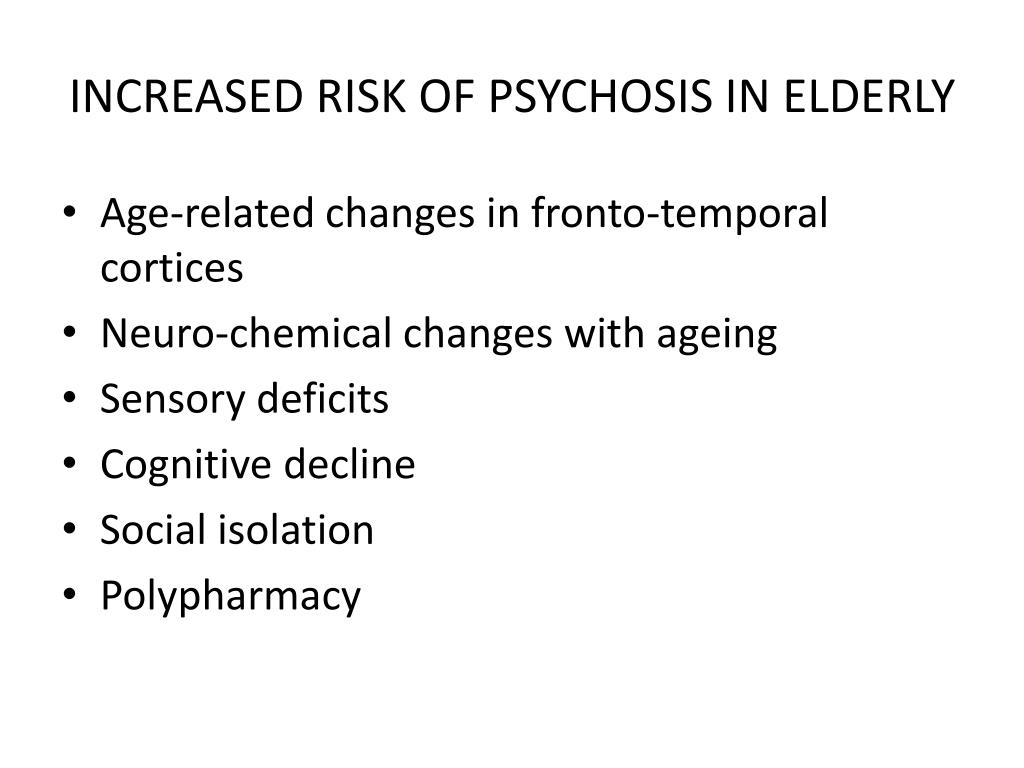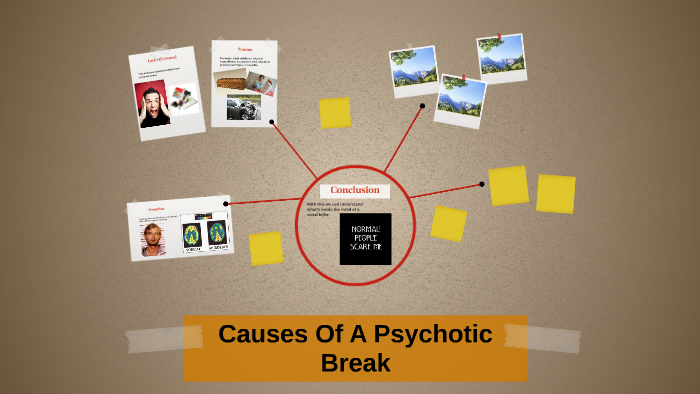

This will help the person trust you and perhaps listen to your suggestions. Here are some ways to approach someone who refuses treatment: If symptoms aren’t too severe and the person refuses treatment, there may be nothing you can do but remain in contact and try to support the person. What to Do if Someone with Psychotic Symptoms Refuses Treatmentīecause schizophrenia and other psychotic disorders affect the brain, the person experiencing symptoms often doesn’t recognize them as being unusual and may refuse treatment. List of family members or other caregivers who should be notified.Plan for notifying pertinent health care professionals.Name of the person’s doctor and case worker, therapist or counselor.List of medications the person is taking and their doses.This allows the person with the illness to have input in the process in advance. The plan should allow the person with the illness, in consultation with family members and mental health professionals, to designate who can decide if hospitalization or emergency care is necessary. The person who is ill, family members and caregivers can create the plan together with guidance from a mental health professional. Preparing for Psychiatric Emergenciesįor people with severe and persistent mental illness, it can be helpful to have a plan of action in case of psychiatric emergencies. If your loved one is not receiving psychiatric care and is having an emergency, call 911. Most mental health centers have 24-hour emergency numbers it may be a good idea to keep the number handy in case of a crisis.

If the person having these symptoms is already in treatment, contact the clinic or provider immediately.


Exhibiting manic or otherwise bizarre behavior, severe depression, disorientation or extreme confusion.Hearing disturbing voices, especially voices that command suicide or injury to self or others.Under certain circumstances, it’s important to seek emergency psychiatric help. Emergency Psychiatric Help for Psychotic Symptoms A good place to start is with your family doctor, the OASIS program or another local mental health center. When a teen or young adult withdraws socially, starts to fail at school or work, begins to use drugs or displays other unusual behavior, it’s worth pursuing a mental health evaluation. Graham says “if these symptoms progress to unusual experiences such as thinking others can read your mind, paranoia, misperceiving events, or hearing and seeing things, then the likelihood that the person is developing a psychotic disorder goes up.” Many things can cause these symptoms, including depression, anxiety, drug use, trauma, bullying or teenage angst. “Many of these symptoms might just seem like fairly typical behavior, especially in teenagers,” Dr. The earliest phase of a psychotic disorder consists of nonspecific symptoms that can be difficult to recognize as serious, says Karen Graham, MD, medical director at OASIS, a clinic in the Department of Psychiatry at the UNC School of Medicine that treats young people with psychotic disorders and those who are at high risk of developing them.
#SYMPTOMS OF A PSYCHOTIC BREAK PROFESSIONAL#
It’s important to seek help from a mental health professional to deal with psychotic symptoms because early treatment can improve outcomes long term. That’s where family members and friends often come in, though the experience can be distressing for them as well. Often, the ill person is unaware that the symptoms are unusual or that he or she should seek help. It’s a symptom of serious mental illness, including schizophrenia and bipolar disorder. Psychosis is a mental state characterized by a break from reality, and it can include delusions or hallucinations. If someone you care about is displaying psychotic symptoms, it can be frightening.


 0 kommentar(er)
0 kommentar(er)
